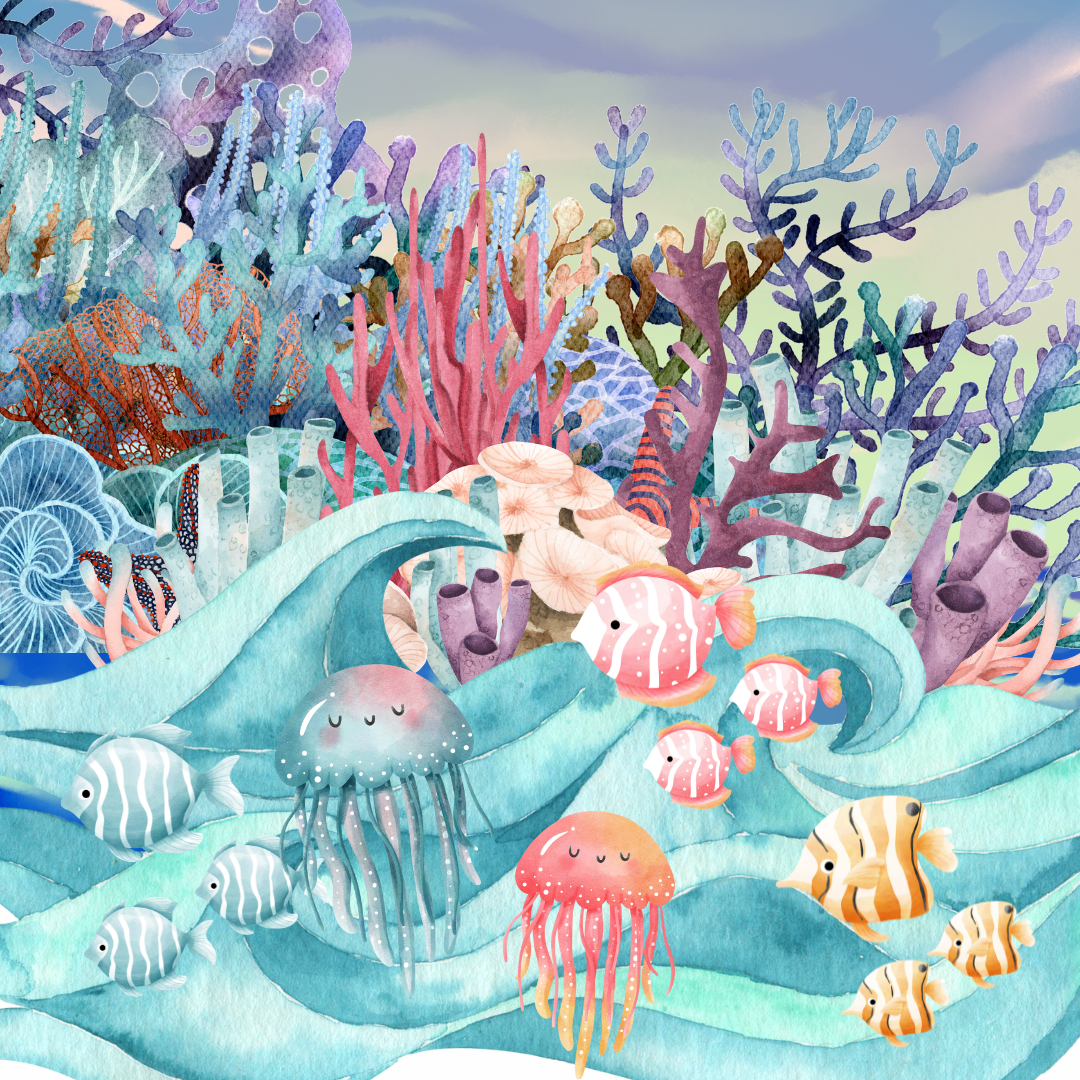A new e-book was published in Frontiers for Young Minds. This E-Book also contains one of our papers called: Poo is Precious.
About Frontiers for Young Minds
Frontiers for Young Minds believes that the best way to make cutting-edge science discoveries available to younger audiences is to enable young people and scientists to work together to create accurate and exciting articles. That is why distinguished scientists are invited to write about their cutting-edge discoveries in a language that is accessible to young readers, and it is then up to the kids themselves – with the help of a science mentor – to provide feedback and explain to the authors how to best improve the articles before publication. As a result, Frontiers for Young Minds provides a collection of freely available scientific articles by distinguished scientists that are shaped for younger audiences by the input of their young peers.
What are Frontiers for Young Minds Collections?
A Collection is a series of articles published on a single research theme and curated by experts in the field. By offering a more comprehensive coverage of perspectives and results around an important research subject, we hope to provide materials that lead to a higher understanding of fundamental science. Alternatively, a collection could feature articles by scientists who received special recognition, such as a Nobel Prize. Frontiers for Young Minds Collections will offer our international community of Young Minds access to the latest and most fundamental research and, most importantly, empower kids to have their say in how it reaches their peers and the wider public. Every article is peer-reviewed according to the Frontiers for Young Minds principles. Find out more on how to host your Frontiers for Young Minds Collection or contribute to one as an author by contacting the Frontiers Editorial Office: kids@frontiersin.org
About this collection
The ocean allowed life to develop on Earth billions of years ago; it is vital for all of us and will guarantee humanity's future. The ocean is vast, deep, harsh, and somehow “rebellious” to reveal its secrets; hence, much is unexplored and not yet understood. Scientists need to study the ocean to understand better its functioning, properties, and how it shapes our environment and impacts us. For example, do you know the ocean's role on weather and climate? There is also much to explore and investigate as diverse oceanic resources (fish stocks, bio-molecules, renewable energies but also minerals, oil and gas…). How can we ensure that our use of these resources is respectfully done and sustainable, and how can we minimize our impacts (e.g. pollution, acidification, deoxygenation) on the ocean as our human population increases?
In this Collection of Frontiers for Young Minds, ocean scientists from various disciplines explain recent discoveries or fundamental concepts. They share their knowledge and motivations and give insights into innovative tools and methods to better understand our ocean. The Collection targets an extensive range of oceanic environments, from the open ocean to the shores and the surface to the abysses, including specific areas like coral reefs. It also targets the connections of the ocean with its interfaces (atmosphere, ice, coast). It seeks to cover marine disciplines ranging from physics to chemistry, biology and genomics to biodiversity and ecology, and economy to conservation and policies. Finally, it encompasses a great variety of scales, ranging from the diel to geological time scales, from loco-regional to global scales and also from the tiniest cells to the biggest living animals on our planet.
The United Nations has declared the 2021-2030 period as the “Decade of Ocean Science for Sustainable Development”, stressing the urgent need to approach fundamental issues related to the ocean and the future of humanity on well sound scientific grounds and knowledge. The oceanic sciences are indeed undertaking a revolution thanks, in particular, to robotization and the massive intrusion of big data and artificial intelligence. This Ocean Collection aims to accompany this evolution to provide information to young readers that will help them to increase their understanding of the ocean and its central role in nature and our lives. We hope to empower them to make informed decisions in these challenging times and to engage in protecting, studying and enjoying its richness.


